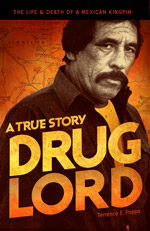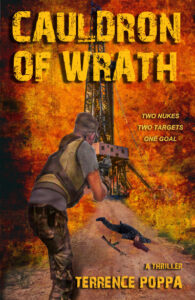(YAHOO) — Magda Rubio had just launched her campaign for mayor of a small city in northern Mexico, when a chilling voice came through her cell phone. “Drop out,” the caller warned, “or be killed.”
It was the first of four death threats Rubio said she has received since January from the same well-spoken, anonymous man. She has stayed in the race in Guachochi, located in a mountainous region of Chihuahua state that is a key route for heroin trafficking. But two armed body guards now follow her round the clock.
“At 2 a.m., you start to get scared, and you say, ‘something bad is going on here’,” she said.
An explosion of political assassinations in Mexico has cast a pall over nationwide elections slated for July 1, when voters will choose their next president and fill a slew of down-ballot posts.
At least 82 candidates and office holders have been killed since the electoral season kicked off in September, making this the bloodiest presidential race in recent history, according to a tally by Etellekt, a security consultancy based in Mexico City, and Reuters research.
Four were slain in the past week alone. They include Juan Carlos Andrade Magana, who was running for re-election as mayor of the hamlet of Jilotlan de los Dolores, located in Mexico’s western Jalisco state. His bullet-ridden body was discovered Sunday morning inside his Toyota Prius on the edge of town; Andrade had just attended a funeral. State prosecutors are investigating, but have made no arrests.
The victims hail from a variety of political parties, large and small, and most were running for local offices far removed from the national spotlight. The vast majority were shot. Most cases remain unsolved, the killers’ motives unclear.
But security experts suspect drug gangs are driving much of the bloodshed. With a record of about 3,400 mostly local offices up for grabs in July, Mexico’s warring cartels appear to be jostling for influence in city halls nationwide, according to Vicente Sanchez, a professor of public administration at the Colegio de la Frontera Norte in Tijuana.




 Posted in
Posted in  Tags:
Tags: